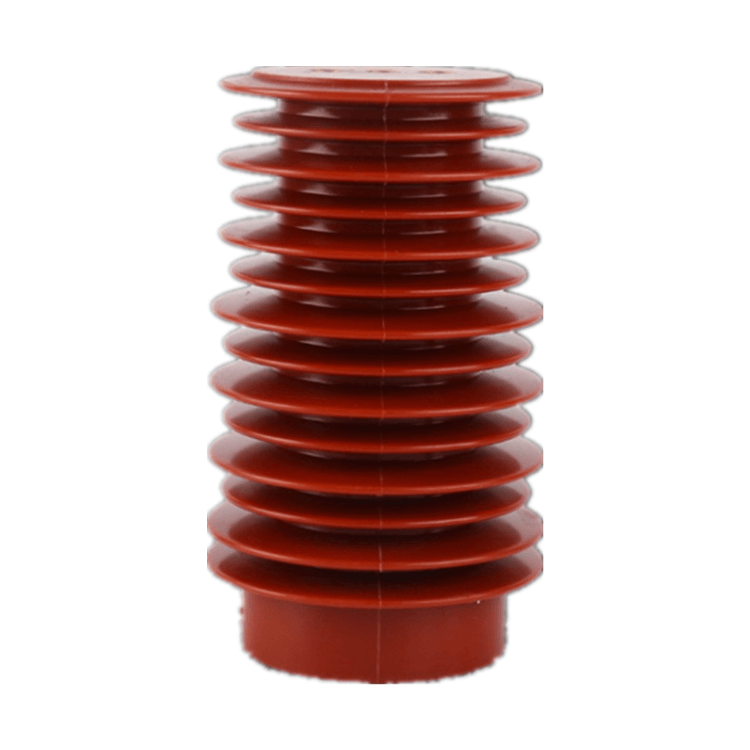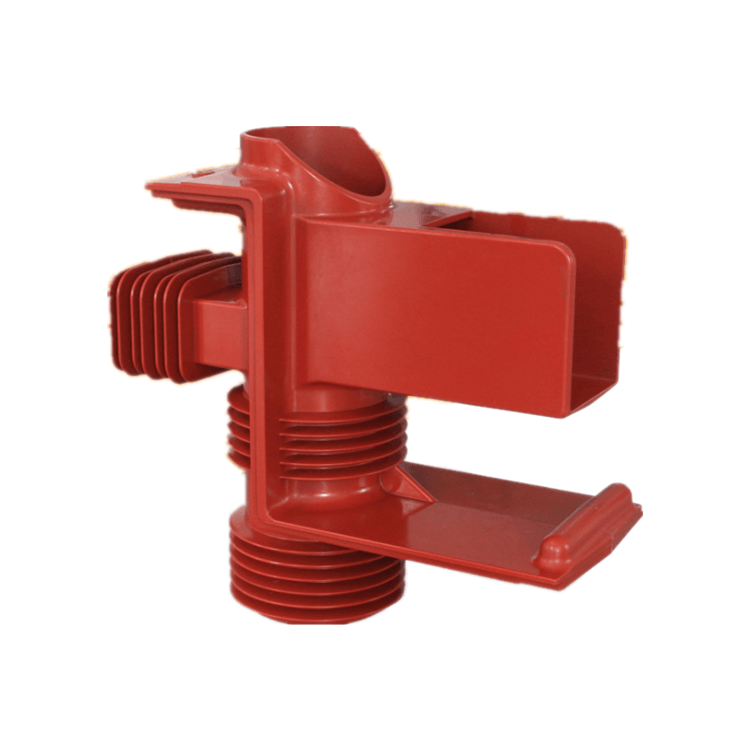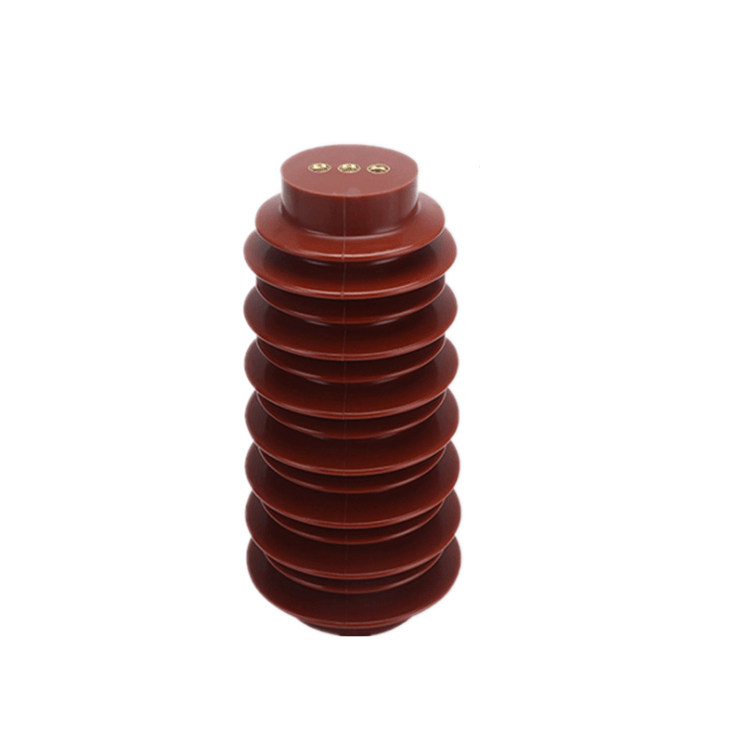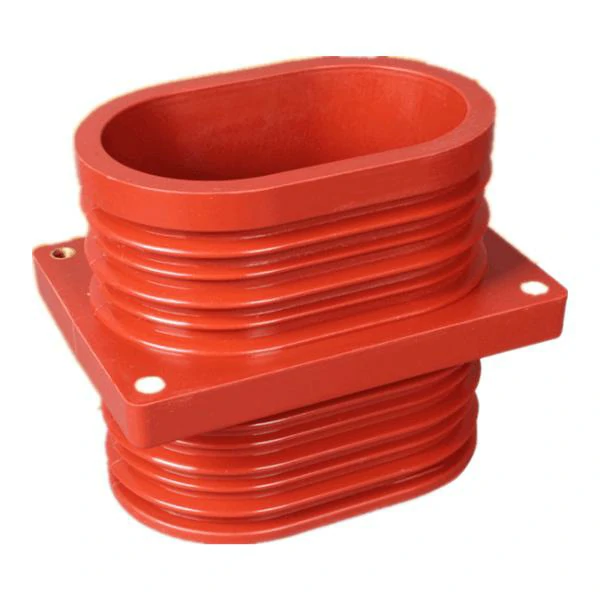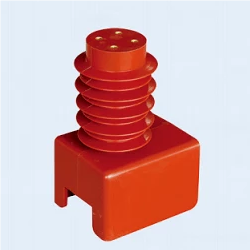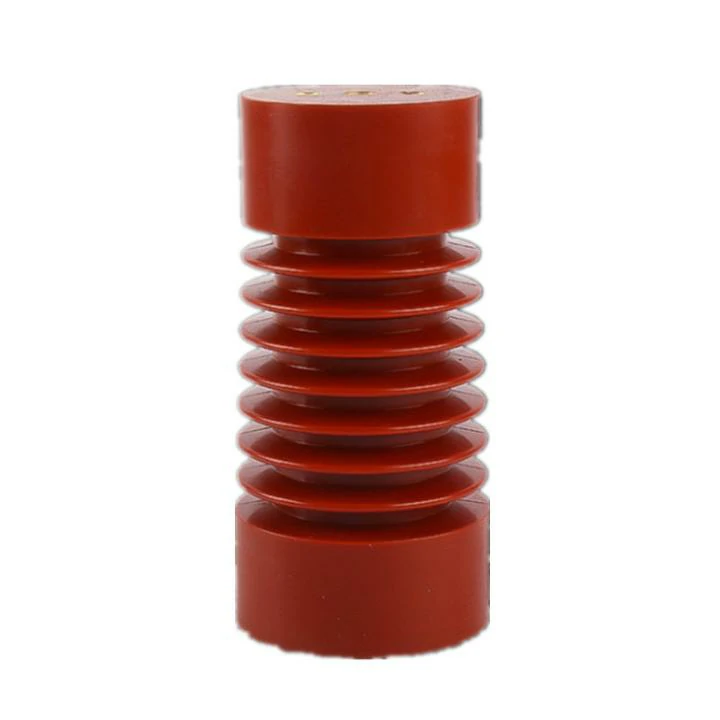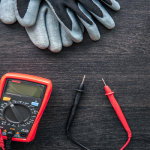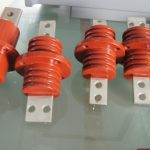Resin Insulator: An In-depth Exploration
Resin insulators are a critical component in various industries, serving as a fundamental element in electrical and electronic systems. These insulators are designed to provide electrical insulation, mechanical support, and protection against environmental factors in a wide range of applications. In this comprehensive article, we will delve deep into the world of resin insulators, exploring their types, properties, manufacturing processes, applications, and the crucial role they play in ensuring the reliability and safety of electrical systems.
Introduction to Resin Insulators
Resin insulators, often referred to as polymer insulators, are non-conductive components used to support and isolate electrical conductors in a variety of systems. They are primarily composed of synthetic resins, such as epoxy, silicone, or fiberglass-reinforced thermosetting materials, which exhibit excellent dielectric properties. These insulators are crucial for maintaining the integrity of electrical systems by preventing electrical leakage and ensuring safe operation.
Types of Resin Insulators
Resin insulators come in various types, each designed to meet specific application requirements. The main types of resin insulators include:
1. Pin Insulators
Pin insulators are the simplest form of resin insulators, commonly used in distribution lines. They are designed with a single insulating unit mounted on a metallic pin, which can be attached to a crossarm. Pin insulators are known for their reliability and are suitable for both medium and high voltage applications.
2. Suspension Insulators
Suspension insulators are typically used in high voltage transmission lines. They consist of multiple insulating units connected in series, suspended by a conductor. This design provides excellent electrical insulation and mechanical strength, making suspension insulators suitable for demanding environments.
3. Post Insulators
Post insulators are compact insulating units used to support and insulate electrical equipment, such as transformers and circuit breakers. They are known for their versatility and are often found in switchyards and substations.
4. Hollow Core Insulators
Hollow core insulators are designed with a hollow center, reducing the material volume and weight. They are commonly used in high voltage applications, such as in transformers and bushings. These insulators offer improved electrical performance and are less prone to damage caused by environmental factors.
5. Composite Insulators
Composite insulators combine the advantages of resin materials and a fiberglass core. They offer high mechanical strength, excellent electrical insulation, and resistance to environmental factors. Composite insulators are widely used in high voltage transmission and distribution systems.
Properties of Resin Insulators
Resin insulators possess several key properties that make them suitable for various applications:
1. Electrical Insulation
One of the primary functions of resin insulators is to provide electrical insulation, preventing the flow of electric current through the supporting structure. This property is crucial for maintaining system reliability and safety.
2. Mechanical Strength
Resin insulators must withstand mechanical loads such as wind, ice, and conductor tension. Their mechanical strength ensures they can support the conductors even in challenging environmental conditions.
3. Corrosion Resistance
Resin insulators are designed to resist corrosion, which is essential in outdoor applications where they are exposed to moisture and other environmental factors.
4. UV Resistance
UV resistance is vital for insulators used in outdoor environments. Resin insulators are formulated to withstand prolonged exposure to ultraviolet radiation without degradation.
5. Lightweight Design
The lightweight nature of resin insulators makes them easier to transport, handle, and install, reducing labor and equipment requirements.
6. Hydrophobicity
Hydrophobicity is a property that repels water, preventing the formation of a continuous conductive path on the insulator surface during rain or dew. This property enhances the insulator’s electrical performance.
Manufacturing of Resin Insulators
The manufacturing process of resin insulators is a precise and highly controlled operation. It involves several stages, including:
1. Material Selection
The choice of resin material is crucial, as it determines the insulator’s properties and performance characteristics. Epoxy, silicone, and various thermosetting materials are commonly used.
2. Molding
Molding is the process of shaping the resin material into the desired insulator design. This can be done using injection molding or compression molding techniques, depending on the insulator type.
3. Core Assembly
For composite insulators, the fiberglass core is assembled and integrated into the design. The core provides the insulator’s mechanical strength.
4. Curing
The resin insulator is subjected to a curing process, typically involving heat and pressure, to harden the material and ensure its structural integrity.
5. Quality Control
Stringent quality control measures are applied to verify the insulator’s electrical and mechanical properties, including testing for hydrophobicity, electrical flashover, and UV resistance.
Applications of Resin Insulators
Resin insulators find application in a wide range of industries and settings, including:
1. Electrical Power Transmission and Distribution
Resin insulators are extensively used in overhead transmission and distribution lines to provide electrical insulation, mechanical support, and protection against harsh weather conditions.
2. Railway Electrification
Railway electrification systems rely on resin insulators to support overhead catenary wires, ensuring safe and efficient electric train operations.
3. Substations and Switchyards
Resin insulators are used in substations and switchyards to insulate and support various electrical equipment, including circuit breakers, transformers, and disconnect switches.
4. Telecommunications
In the telecommunications industry, resin insulators are used to support and insulate transmission lines and antennas, ensuring reliable communication services.
5. High-Voltage Testing Laboratories
Resin insulators are employed in high-voltage testing laboratories to create controlled test environments for the evaluation of electrical equipment.
Challenges and Future Developments
While resin insulators have proven their reliability and effectiveness, there are still challenges and areas for improvement. These include:
1. Pollution Performance
Resin insulators can be susceptible to pollution-related flashovers. Ongoing research aims to enhance their pollution performance and reduce maintenance requirements.
2. Sustainability
Efforts are being made to develop environmentally friendly materials and manufacturing processes for resin insulators to reduce their carbon footprint.
3. Smart Insulators
Advancements in sensor technology and the integration of monitoring systems into resin insulators are being explored to enhance their performance and enable predictive maintenance.
Conclusion
Resin insulators play a vital role in ensuring the reliability and safety of electrical systems in various applications. Their diverse types, exceptional properties, and precise manufacturing processes make them a cornerstone of modern electrical infrastructure. As technology continues to evolve, resin insulators are likely to undergo further improvements and innovations, strengthening their position as essential components in the world of electrical engineering and beyond. Understanding the intricacies of resin insulators is crucial for engineers, technicians, and professionals working in fields that rely on their performance and reliability.




